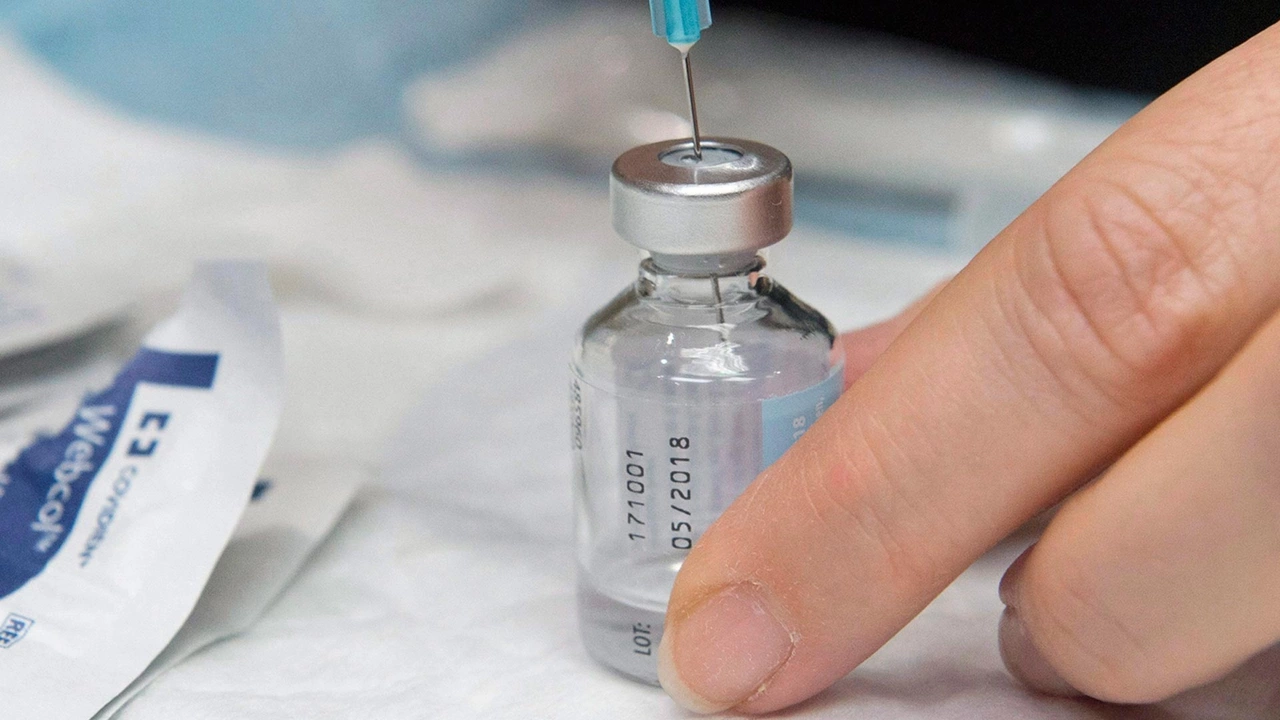As a blogger, I feel it's important to address the ethics of mandatory vaccination policies for reemerging influenza. The issue raises critical questions about individual rights versus public health. On one hand, mandatory vaccinations can help prevent the spread of disease and save lives. On the other hand, some individuals may have personal or religious reasons for not wanting to be vaccinated. In my opinion, finding a balance between respecting individual choices and protecting public health is vital in this debate.
Ethics in Pharmaceuticals: What Really Matters
What if a cheap pill cost more than money — your safety or trust? Ethics in pharmaceuticals isn’t just academic. It affects whether you get a real medicine, clear information, and fair care. This tag gathers straightforward advice and real examples from articles about online pharmacies, prescribing practices, trials, and patient rights.
Many problems start small: unclear labeling, hidden fees, or a pharmacy that skips verification. Those small shortcuts can lead to fake drugs, wrong doses, or dangerous interactions. Ethics is about preventing those shortcuts and keeping the focus on patient safety, honesty, and transparency.
How to spot ethical pharmacies and sellers
Look for clear contact info, a working phone line, and a valid prescription policy. Legit sites ask for a prescription when required and display licensing or regulator details. If the checkout asks for unusually personal data, or the price looks impossibly low for a brand-name drug, pause. Read reviews from multiple sources and check for third-party seals like Verified Internet Pharmacy Practice Sites (VIPPS) or national regulator listings.
Also watch for marketing that promises miracle cures or pushes high-risk drugs without warning about side effects. Ethical vendors include safety information, side-effect warnings, and drug interaction notes. They make it easy to contact a pharmacist for questions.
Practical questions to ask your doctor or pharmacist
Ask directly: Why this drug over another? What are common side effects? Are there non-drug options? How will this interact with my other meds? A good clinician gives clear reasons, mentions alternatives, and discusses monitoring. If answers are vague or rushed, ask for clarification or a second opinion.
Clinical trials and research need ethical rules too. Transparency about study design, funding, and side effects matters. If a study is funded by a company that profits from positive results, that doesn’t invalidate the work — but you should expect independent replication and open data where possible.
Privacy is another core issue. Your medical records and purchase history contain sensitive details. Ethical pharmacies and clinics protect that data, explain how they use it, and let you opt out of non-essential sharing.
Finally, you can act. Report suspicious pharmacies to regulators, ask for a written explanation if you get an unexpected drug, and keep a list of your medications. Treat speaking up about unclear advice as part of caring for your health. Ethical care depends on informed patients and professionals who answer questions honestly.
Browse the posts tagged “ethics” here for specific how-tos — from buying medications online safely to understanding conflicts of interest in research. Each article aims to give practical steps you can use right away to protect your health and your rights.

